Aliyev to Visit Kazakhstan as Baku and Astana Deepen Strategic Ties
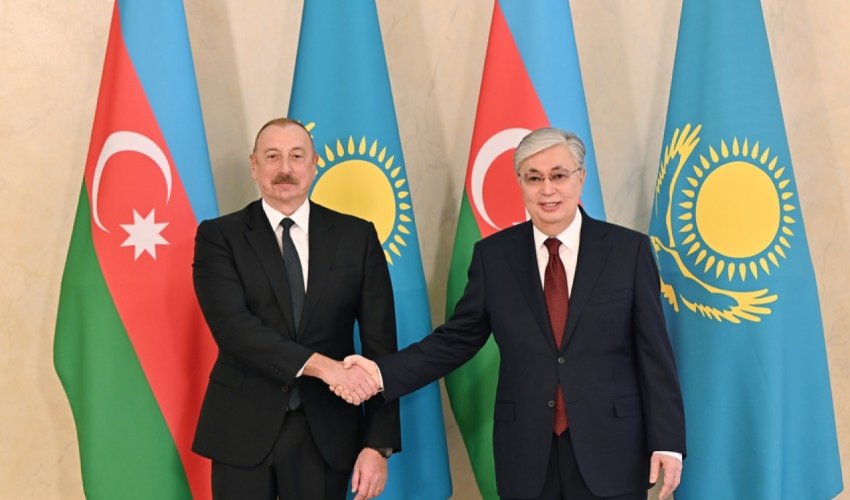
Azerbaijani President Ilham Aliyev will pay a state visit to Kazakhstan on October 20–21 at the invitation of President Kassym-Jomart Tokayev, in a move seen as another step toward tightening political and economic cooperation between the two Caspian nations.
During the visit, the leaders will hold high-level talks, take part in the session of the Supreme Interstate Council, and attend the Kazakh-Azerbaijani business forum — events aimed at expanding trade, investment, and infrastructure partnerships. The trip follows Tokayev’s earlier visit to Azerbaijan in early October for the Turkic States summit, underscoring what officials describe as a “steady rhythm of dialogue” between the two leaders.
Analysts say the visit reflects the growing role of Baku and Astana as central players in Eurasia’s evolving transport and energy map. The two countries have been strengthening cooperation in the Trans-Caspian International Transport Route — known as the Middle Corridor — which connects China with Europe through Central Asia, the Caspian Sea, and the South Caucasus.
Bilateral trade has surged nearly fivefold in the past five years, from $109 million in 2020 to more than $520 million in 2025, according to government data. The upcoming business forum is expected to attract dozens of investors and state companies, with a focus on energy, logistics, digitalization, and manufacturing.
Officials also plan to discuss coordinated customs policies, digital logistics management, and the modernization of rail and highway links to improve cargo flow efficiency. Both sides are promoting projects to cut shipping times and expand port capacities in Aktau, Kuryk, and Baku’s Alat port, positioning the corridor as a viable alternative to northern trade routes disrupted by geopolitical tensions.
In addition to economic topics, Aliyev and Tokayev are expected to align positions on regional security, climate adaptation, and cooperation within the Organization of Turkic States. Cultural exchanges and tourism development will also feature on the agenda.
Despite the optimistic tone, experts note that cooperation still faces challenges — including global financial uncertainty, climate pressures, and sanctions-related disruptions that affect trade in the Caspian region. Yet, both governments appear determined to sustain momentum through flexible policies and pragmatic dialogue.
“The visit is not just about protocol,” said one regional diplomat. “It’s about institutionalizing a partnership that is becoming one of the pillars of Eurasian connectivity.”
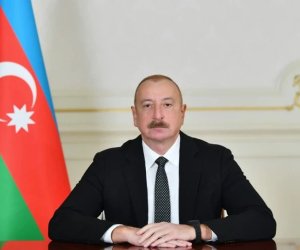
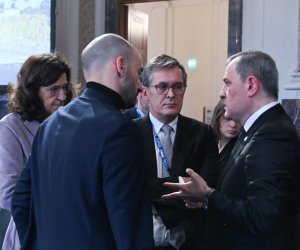
























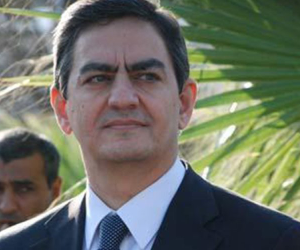

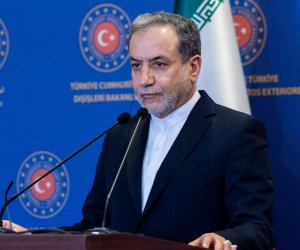

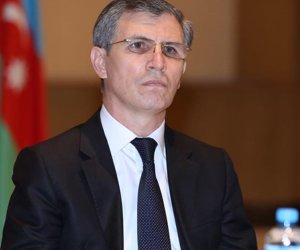





 Photo
Photo 


 Video
Video 

